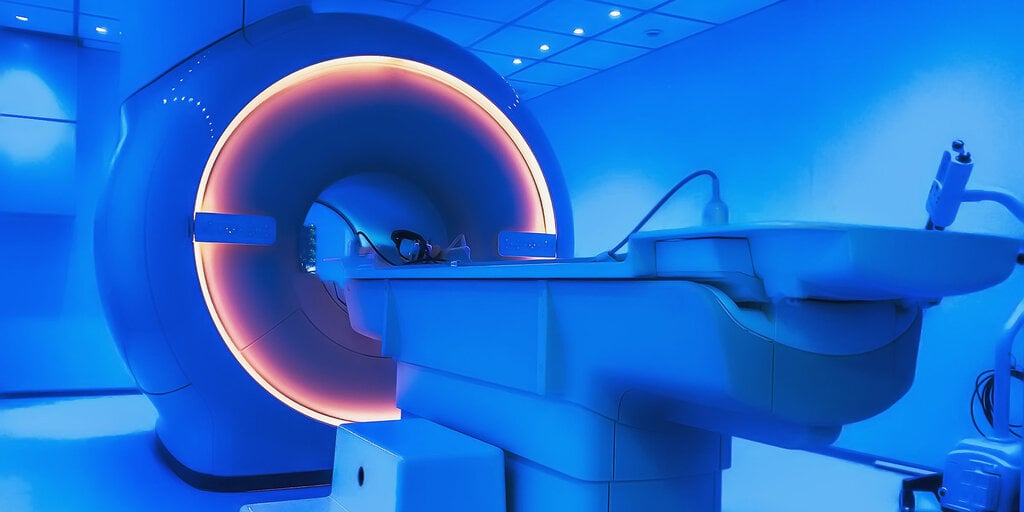A British startup in the health tech space has unveiled an artificial intelligence (AI) platform that can analyze MRI scans for early disease detection. The company’s approach, using imaging biomarkers, promises improved decision-making in disease diagnosis and treatment.
Twinn Health, backed by a $500 million venture capital fund from Saudi Aramco, says it is making strides in longevity and preventive healthcare.
MRI technology has long been an instrumental tool in the healthcare industry. Although AI advancements have begun to facilitate the detection of specific conditions within MRI scans, the broader application in disease detection and augmenting longevity remains nascent.
“Usually, when you do an MRI today, it’s one MRI scan for one single diagnosis,” Wareed Alenaini, founder and CEO of Twinn Health, explains in an interview with Longetivy Technology, citing kidney stones as an example.
“You do the MRI, the doctor looks at the kidney stones, writes the report, and then the scan data gets archived, and will probably never be checked again,” Alenaini continues. “That’s where Twinn comes in: we’re extracting additional insights from MRI scans that may not have been the primary focus of the physician.”
Twinn Health, marrying AI and MRI technologies, aims to pioneer a new healthcare era by detecting and managing age-associated diseases early on. The company’s ambitious roadmap includes tackling age-related frailty and liver disease.
“We’re using technology to make chronic disease prevention scalable,” Alenaini told the website, which is published by First Longevity and backed by Marco Polo Securities.
Alenaini, a Saudi native with a bioimaging doctorate from Imperial College London, came up with Twinn Health’s foundation while studying human body patterns in MRI images and their relation to disease progression.
Twinn’s primary focus is on metabolic disease—a trifecta of diabetes, high blood pressure, and obesity—since these conditions increase patients’ susceptibility to severe health issues such as coronary heart disease and stroke. Twinn’s AI platform scans MRI images for potentially harmful hidden fatty deposits around organs, a crucial heart disease indicator even among healthy individuals.
Early trials showed promising results, Alenaini claimed, with a 95% accuracy rate in 2021, subsequently confirmed with real-world data alongside NHS physicians in the UK in 2022.
According to Alenaini, Twinn’s patented AI model can foresee metabolic dysfunction up to half a decade ahead of time.
Alenaini told Longevity Technology that the company aims to hold four additional patents, address three more conditions, and amass a million data points to showcase their scalability and accessibility.
The mounting global interest in longevity aligns perfectly with Twinn’s vision.
“As the longevity field evolves and with the emergence of more healthy longevity clinics, we see ourselves as the most accurate diagnostic platform that can support this,” she said. “We are currently focusing on getting FDA approval for the American market, but our next focus will be the Middle East because we have seen a very significant push into longevity in that part of the world.”
Future disease targets include age-related frailty (sarcopenia) and liver disease, influenced in part by Saleh Al Harthi, an angel investor in Twinn and chairman of the Medical Committee of the Saudi Football Federation.
As Twinn Health eyes further expansion into multiple disease indications, the company is now seeking additional funding. While early fundraising efforts focused on metabolic disease, the company is now ready to extend its reach into other disease pathways, further strengthening its commitment to longevity.
Stay on top of crypto news, get daily updates in your inbox.
Source: https://decrypt.co/150591/ai-can-find-signs-of-disease-in-mri-scans-that-doctors-might-miss




